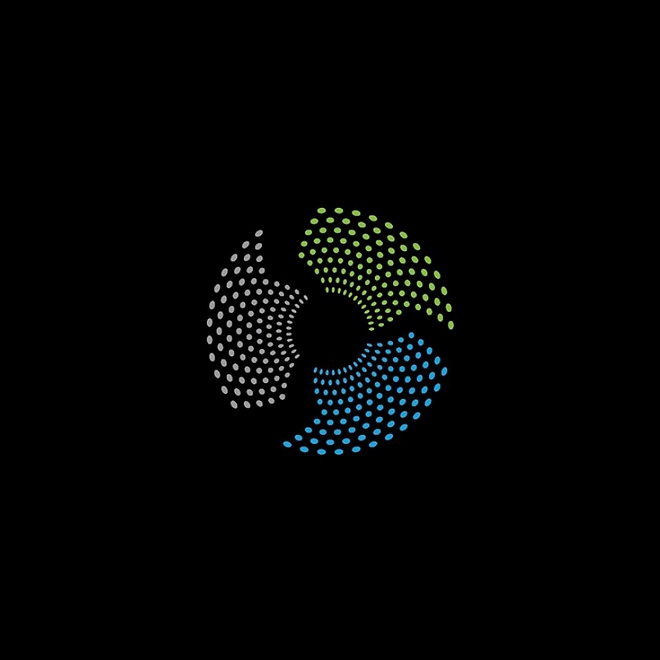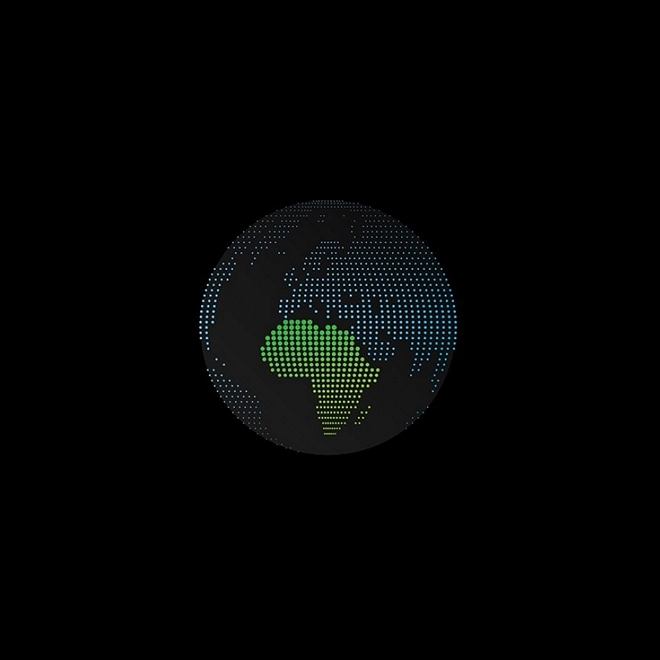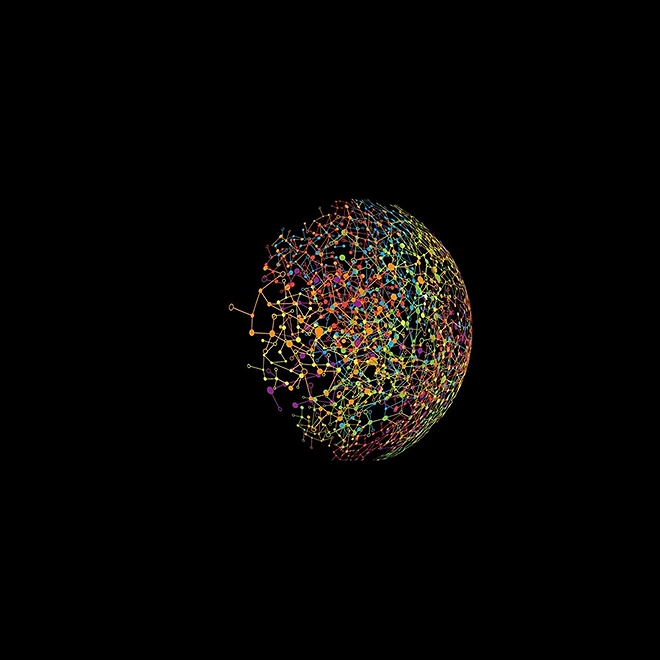Deloitte commentary on South Africa Budget 2020/21
Trade-offs required to achieve shared prosperity
Finance Minister Tito Mboweni’s 2020 Budget Speech was delivered against the backdrop of President Cyril Ramaphosa’s State of the Nation Address in which the President made the following sobering comments:
“Our country is facing a stark reality. Our economy has not grown at any meaningful rate for over a decade. Even as jobs are being created, the rate of unemployment is deepening. The recovery of our economy has stalled as persistent energy shortages have disrupted businesses and people’s lives. Several state-owned enterprises (SOEs) are in distress, and our public finances are under severe pressure.”
Against the backdrop of this deteriorating economic outlook, the Minister of Finance has reiterated in this budget that South Africa must strive for fiscal sustainability, measured as stabilisation of the debt-to-GDP ratio, by moderating spending as a share of GDP and reducing the wage bill as a share of overall spending. The budget indicates that there is a realisation that there are some difficult, painful choices and trade-offs which will be needed. This will not be easy, it will be a tricky road to navigate with affected stakeholders.
The Minister indicated a bleak economic growth context of the budget by indicating that South Africa’s economy is expected to expand by only 0.9% in 2020. Consequently, tax revenue is expected to be significantly lower than the 2019 mid-term budget policy statement (MTBPS) estimates. Budgeted gross tax revenue for 2019/20 was R1.42 trillion (the revised estimate is R1.36 trillion). This means that the revised gross tax revenue for 2019/20 is R63 billion less than budget. This has worsened since the MTBPS, however, the gross tax revenue for 2019/20 is still 5.5% up on last year.
Budgeted expenditure for 2020/21 is R1.95 trillion (2019/20 revised estimate: R1.84 trillion). The largest portion of the budget has been allocated to learning and culture (R396.4 billion – increased by 3%) followed by social development (R309.5 billion – increased by 9%) and health (R229.7 billion – increased by 3%). Debt-service costs of R229.3 billion (increased by 12%) remain relatively high and curtail the ability to further invest in areas such as economic development which sees an allocation of R211.5 billion (increased by 6%).
The budget deficit is expected to grow to R370.5 billion (2019/20 originally at R243 billion) or 6.8% of GDP. Gross national debt will reach R3.56 trillion, amounting to 65.6% as a share of GDP by the end of 2020/21.
It is perhaps as a result of this current state of play, that many commentators anticipated wide-ranging tax increases. However, as pointed out in National Treasury’s Budget Review 2020, despite large tax increases over the past five years, the difference between projected and collected revenue has continued to widen. This is attributed to slow economic growth and a weakened South African Revenue Service (SARS). As a result, it is believed that further substantial tax increases are unlikely to be effective as it is conceded that South Africa already has a relatively high tax-to-GDP ratio compared to similarly developed countries.
Click here to download our consolidated commentary for more information.





